
In Nicaragua, maquilas have become the main source of income over the years. Until 2019, the country had 52 industrial parks and 226 companies but due to the social situation and the Covid-19 pandemic, massive layoffs took place and many companies closed their doors without paying compensation to their workers.
Since 2020, hundreds of young people have emigrated to other countries (Costa Rica, Mexico, USA, Spain, El Salvador). With the loss of investors in the country, the job shortage further impoverished households directly dependent on those large global supply chains, as many of these young people lacked the professional education that would have enabled them to find other formal work options.
In 2021, to boost employment in the country, new free trade zones were opened, mostly of Chinese origin. They are characterized by the worst levels of exploitation, discrimination, abuse and job insecurity for young workers.
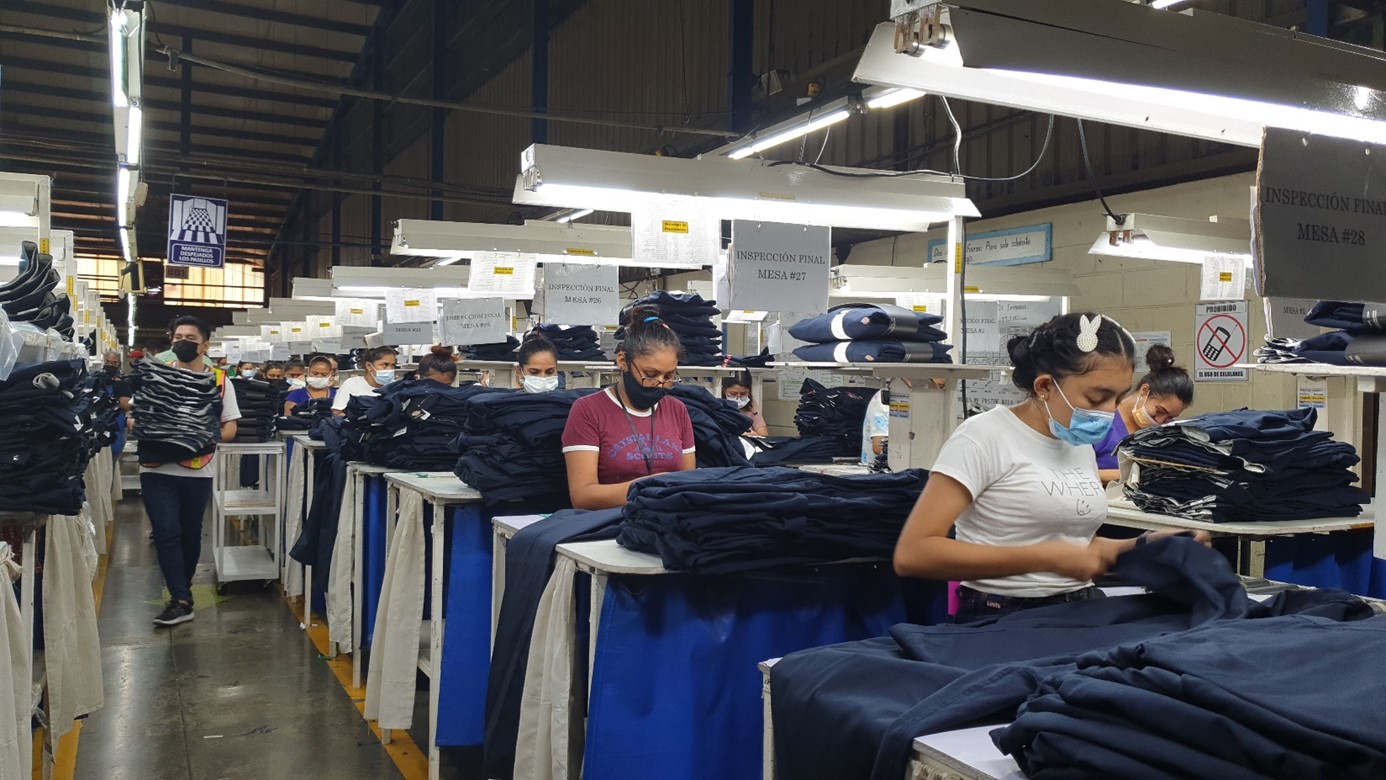
Photo 28 de Mayo union, Gender Commission, YCW Nicaragua
Combating job insecurity with the risk of redundancy
Nicaragua is a country where organizing is not a crime. However, as is the case with trade unions, young people who organize are doomed to be laid off by their companies and blacklisted, which will prevent them from being hired by other companies.
Precarious work in maquilas is a national priority for the Nicaragua YCW, which does not want slave labor to become normalized in global supply chains.
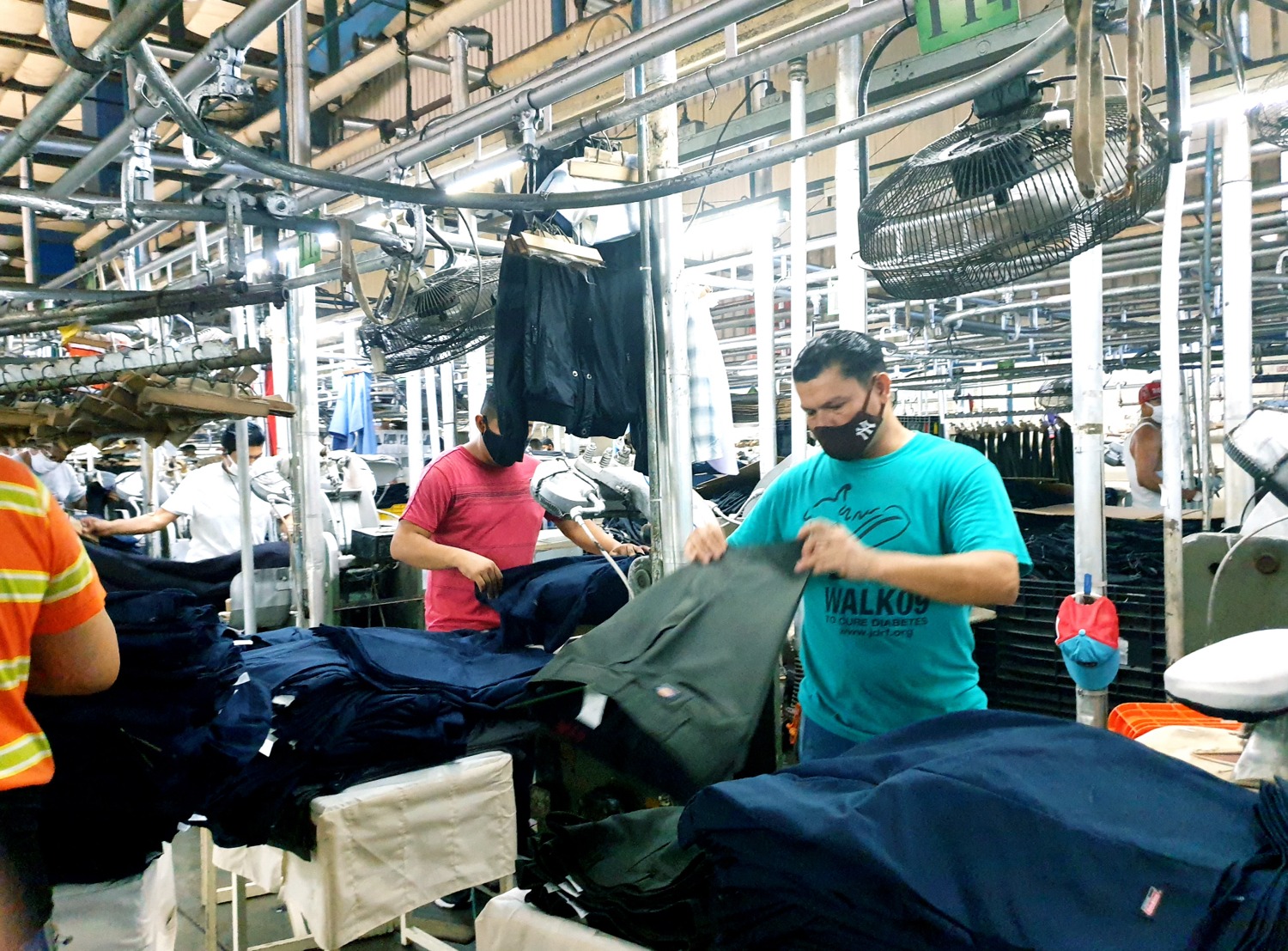
Photo 28 de Mayo union, Gender Commission, YCW Nicaragua
The following testimony sums up the deplorable working conditions in free trade zones.
“I started working in the free trade zone over two years ago, I work in the garment sector. My salary is 5,936.34 córdobas ($170.09) a month. I did a one-month trial period, then signed a contract, of which I haven't received a copy, and my firm registered me in the social security system. The company manufactures jeans and shorts (Dickies brand). My working day starts at 7 a.m. and ends at 4.30 p.m. (9.5 hours a day), which is the first problem: the law sets a maximum of 8 hours a day and 48 hours a week.
During the day, we are allowed 30 minutes for lunch. The employer often asks us to work over the weekend (Saturday or Sunday), which poses a second problem: these extra days are compulsory, as production targets are too high to be met by working only weekdays (Monday to Friday). For those who want to study on Saturdays and develop professionally, this is a real constraint.
They often refuse to let us go to medical appointments, and we have to resort to self-medication to avoid missing work. At the time of COVID, the company employed 12,000 people. With the reduction in the number of jobs, the working day has become heavier, with an increase in the number of parts to be produced. The workload is excessive and physically exhausting (3,500 parts per line). Stress level is high.” - Dylan Hinestrosa, worker in the Astro Carton S.A. industrial park free zone (US company)

Photo Nicaragua YCW: Young company worker, quality inspection area
Working tirelessly to achieve breakthroughs
The main demands of YCW young people are: decent wages for all young workers, whether organized or not; overtime pay; standardized working hours in line with the labor code; job stability and good treatment; freedom to organize; incentives for the whole chain, not just the worker who reaches the target; respect and equal opportunities for men and women; an end to harassment and violence in the workplace.
To achieve its objectives, the Nicaragua YCW works tirelessly using multiple strategies and means to guarantee the organization and participation of young people in their workplaces: from strategic coordination with committed local actors and partners who enable us to move forward in our work for young people, to the creation of organized youth groups to develop training through the YCW task of education so that they can carry out their transformative actions.
It carries out activities, including: a national campaign on harassment and violence in the workplace; participation in meetings with the union's gender commission; training and awareness-raising spaces for young people on the themes of work, gender, youth leadership; organizational tools; surveys (global mapping of transnationals, including raw materials processing, owners, brands); follow-up visits; participation in forums as a worker movement. All these activities are designed to educate young people about their rights and strengthen their leadership and motivation to take action in their environment and workplace.
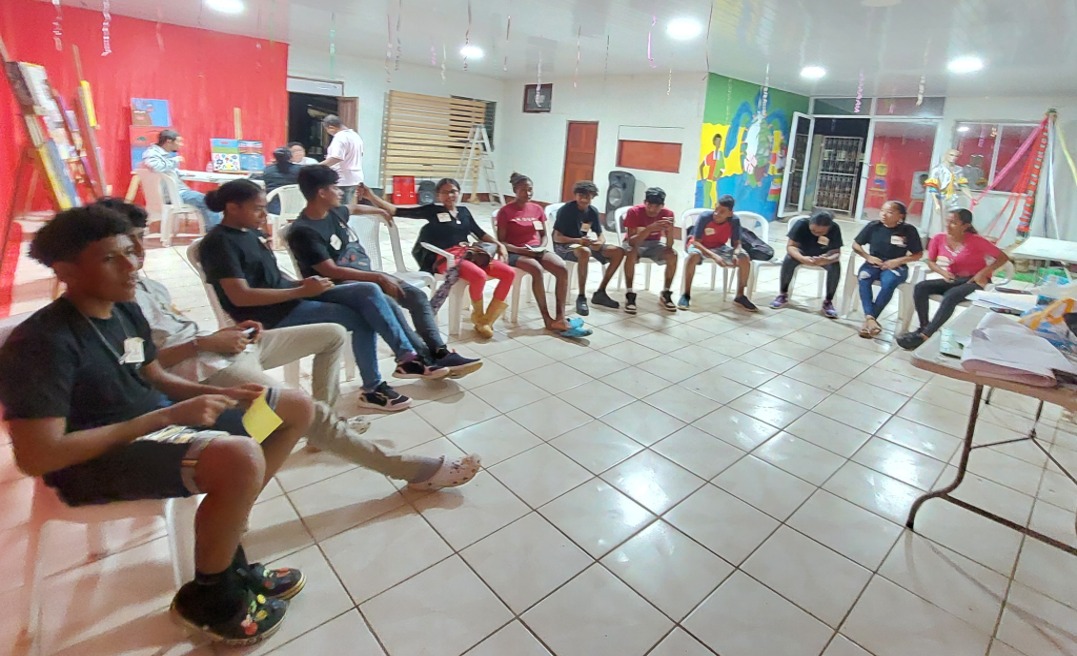
Photo Nicaragua YCW: Activities with young people
Coordinating with strategic partners to accomplish a titanic task
The Nicaragua YCW could not carry out its mission without networking with other organizations. This requires a collective effort. Together, they define common lines of work and establish spaces for reinforcement. They provide training in leadership and political action for young people. They offer consultancy and support services to young people who denounce labor rights violations and violent practices. They participate collectively in advocacy forums. They create spaces for organizational facilitation, both for the worker movement and for their strategic partners.

Photo trade union partner and Nicaragua YCW: Press conference
Continuing the work in the long term
The Nicaraguan YCW will continue raising awareness both among workers about their labor rights and among decision-makers, lobbying local governments to improve working conditions for young workers, organizing young people with a human rights-based approach, demanding improvements to the working environment and conditions from a gender perspective, and extending its action at local and national level, while also extending its endeavor in favor of young workers at regional and international level.

Photo strategic partners and Nicaragua YCW: Training space

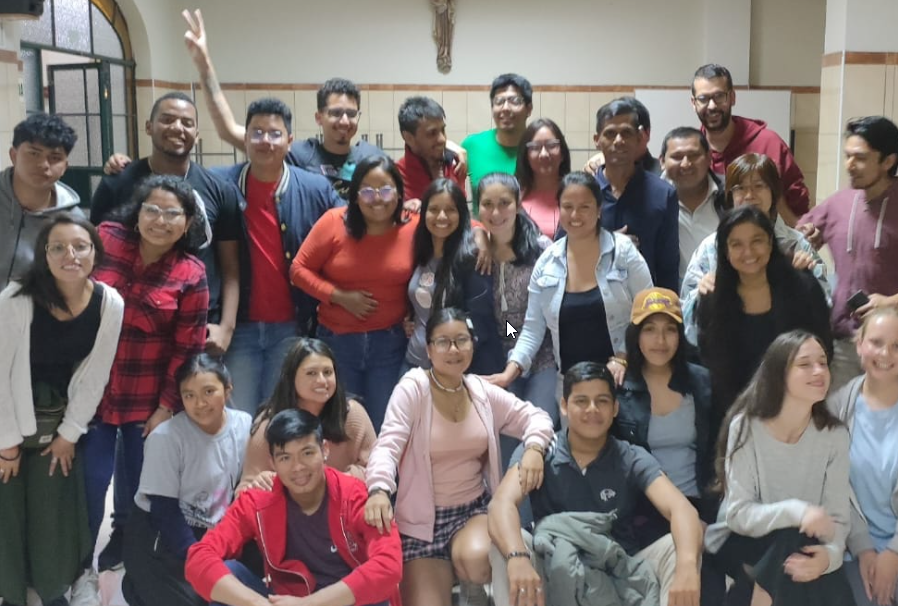
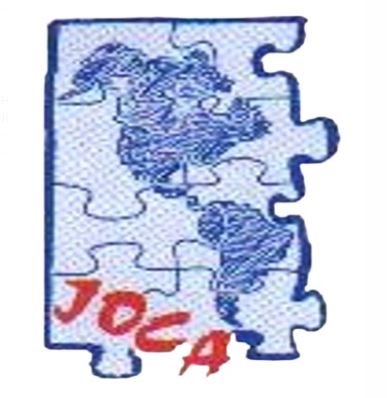
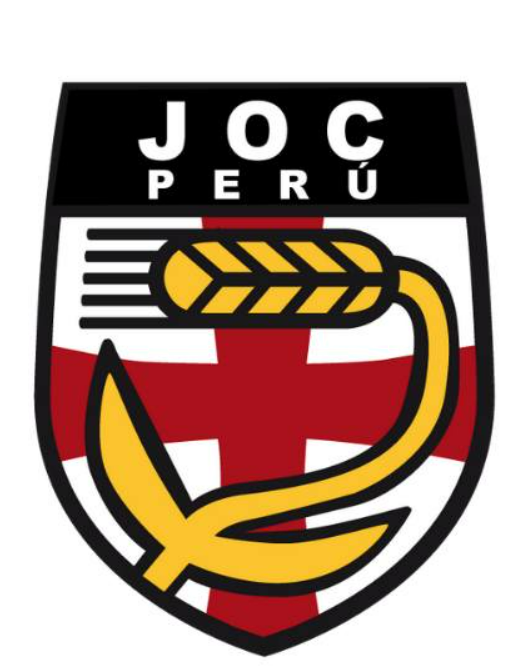
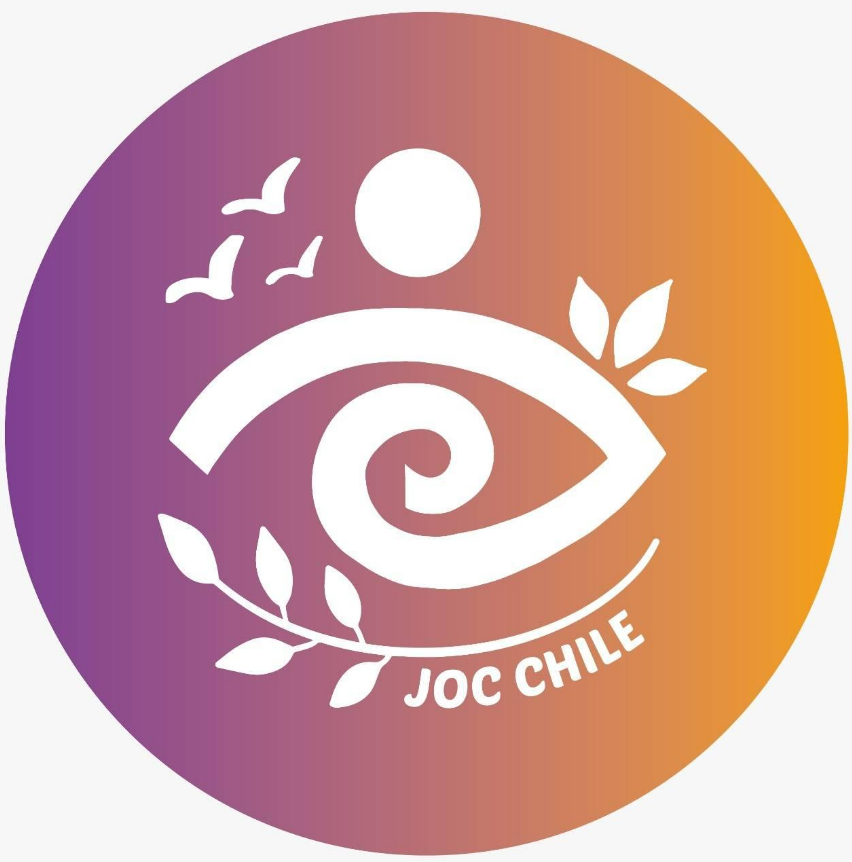
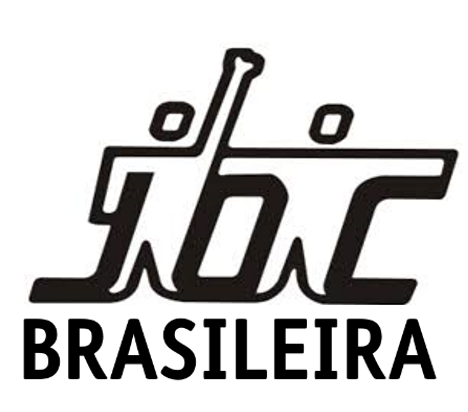
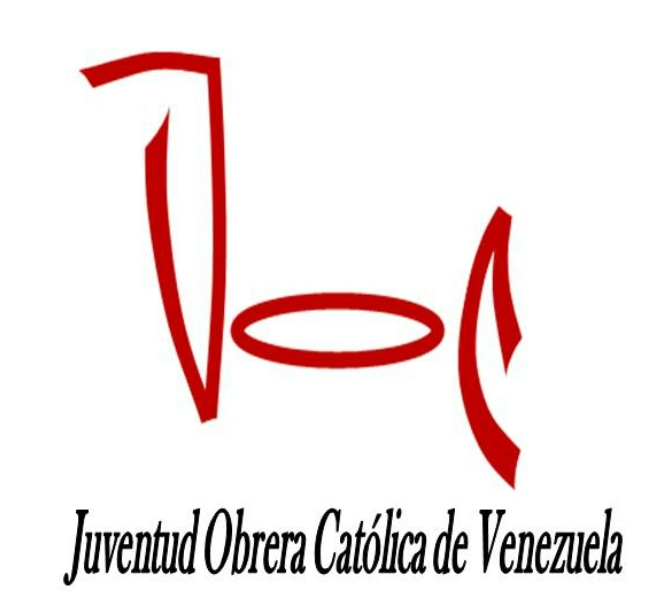
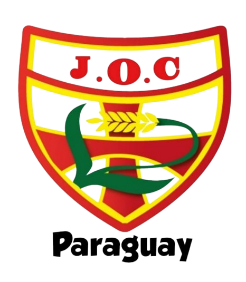
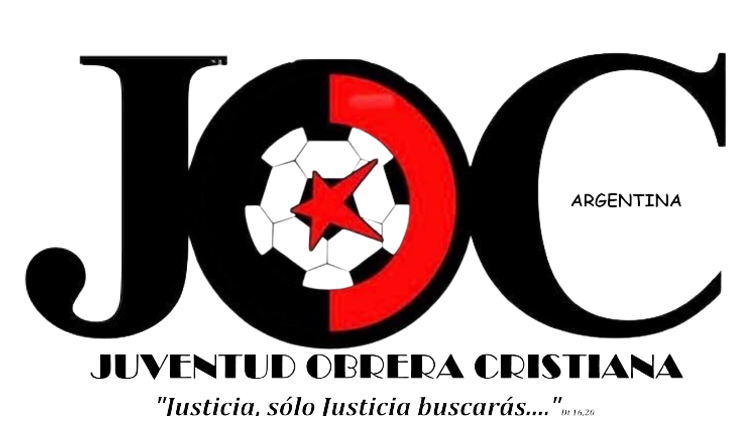
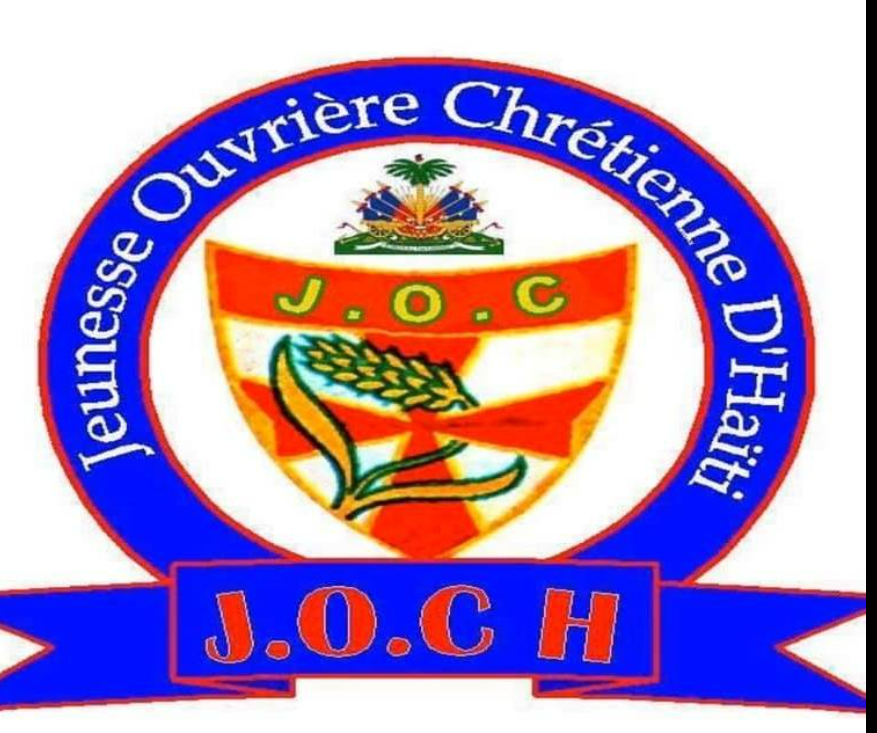
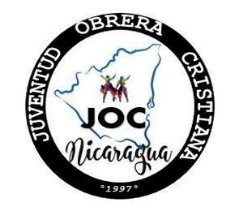
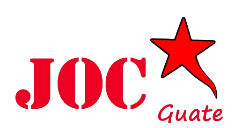
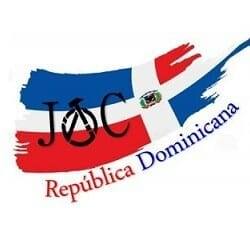

 English
English  Español
Español  Français
Français